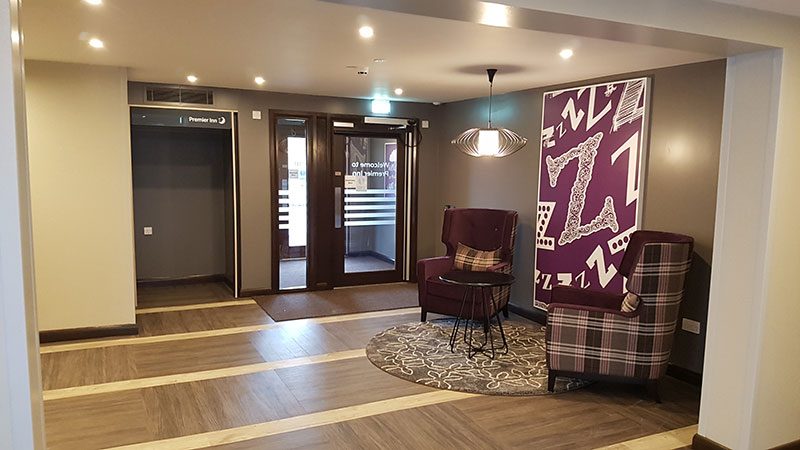In an article in The Independent recently, Lucy Dixon writes about booking a holiday as a disabled person.
“With my newly acquired mobility issues, travel for me has become something that intimidates me, but something I still desperately want to do,” she explains. “The thing is, although lots of tour operators and hotels are keen to talk about how accessible they are, being truly open to those with disabilities is about so much more than having a few ground-floor rooms and level-access showers. The facilities that I want – and need – in order to have a fun-filled, stress-free holiday are not going to be the same for every one of the nearly 14 million disabled people in the UK.”
Her tips include doing research and asking lots of questions, perhaps joining Facebook groups where you can share experiences, good and bad.
She adds that, since acquiring the disabled travel company, Accomable, last year, Airbnb is a now useful place to source accommodation. Travellers can search for disabled-friendly accommodation, with filters such as roll-in showers. You can then also speak directly to the property owner with any particular queries.
Today, building control requirements state that one in 20 hotel rooms must be wheelchair friendly. This means that, at PSE Associates, we have found ourselves working on an increasing number of projects featuring UA (universally accessible) rooms, particularly with our client Premier Inn.
The group also recognises that disabled people have different needs and says on its website:
“Premier Inn has a very large and diverse estate of over 700 hotels. As a result, the exact nature of the facilities available may differ between hotels. All of our hotels have bedrooms designed for use by disabled persons. However, the dimensions and nature of the facilities available in these rooms may differ between hotels depending on factors such as the age, design and layout of the building.”
When working with Whitbread on its ongoing Premier Inn estate expansion, there are now various elements which need to be considered and then incorporated into the early design at feasibility/planning stages. This includes issues such as ensuring that the car park is sufficiently sized for the new development – one space for each room and one per four restaurant covers – as well as fulfilling the obligation to provide an appropriate number of UA bedrooms.
The UA bedrooms provided by Premier Inn are wider than the alternative ‘standard’ bedroom types that Whitbread now offers and therefore occupy more space within a new extension footprint. This means that the UA rooms are often formed within the existing hotel, using the model of converting three standard rooms into two UA rooms. This approach provides flexibility to locate the disabled room anywhere in the hotel and this is often in close proximity to the reception to ensure a guest’s customer journey is positive.
In addition, Premier Inn provides a number of other features in its UA rooms:
- Accessible storage facilities
- Short pile carpet.
- Entrance doors to accessible bedrooms are fitted with wide angle door viewers (spy holes) at both seated and standing levels.
- All accessible bedrooms are provided with emergency assistance alarms.
- Vibrating pillow pads are available to alert guests who are deaf or hearing impaired in the event of a fire.
The Independent Lucy Dixon Article
PSE Associates provides traditional professional Quantity Surveying and Project Management services to many brand leaders in the leisure, retail and commercial sectors.
